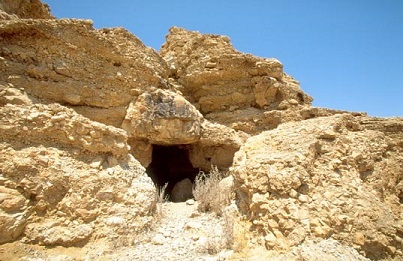7667766266
enquiry@shankarias.in
Dead Sea Scrolls

Discovery of Ape Fossil
Bioplastics
Gulf Cooperation Council
Ideate for India
Source: PIB, The Hindu, The New Indian Express